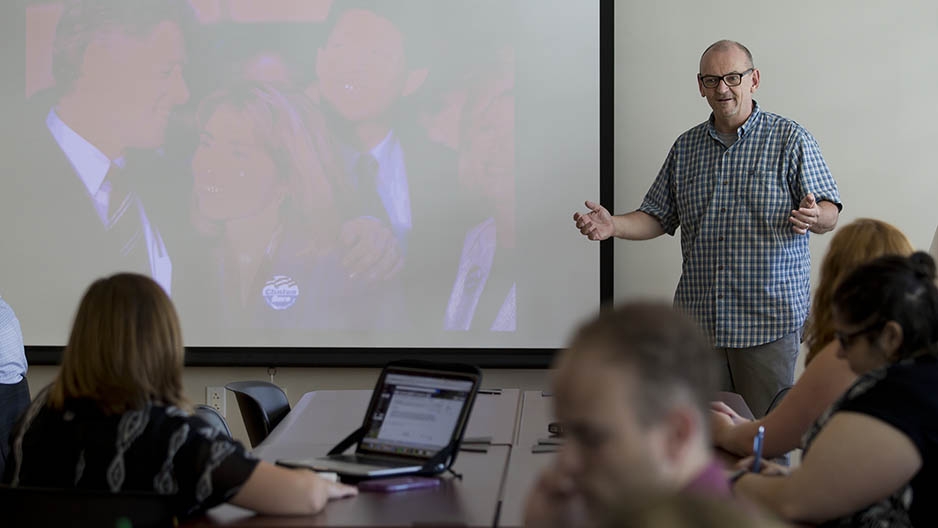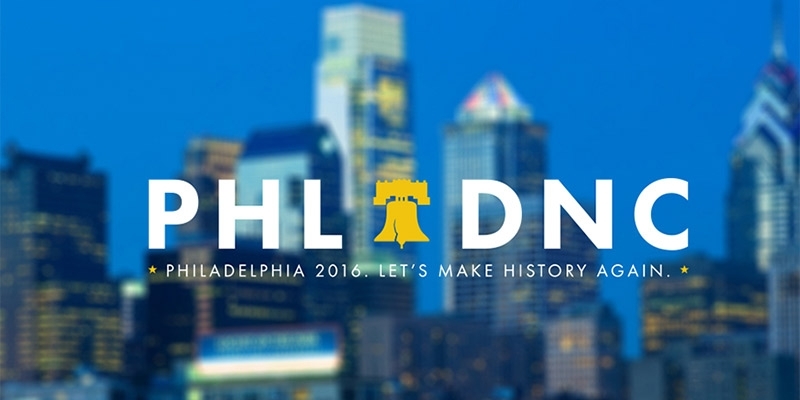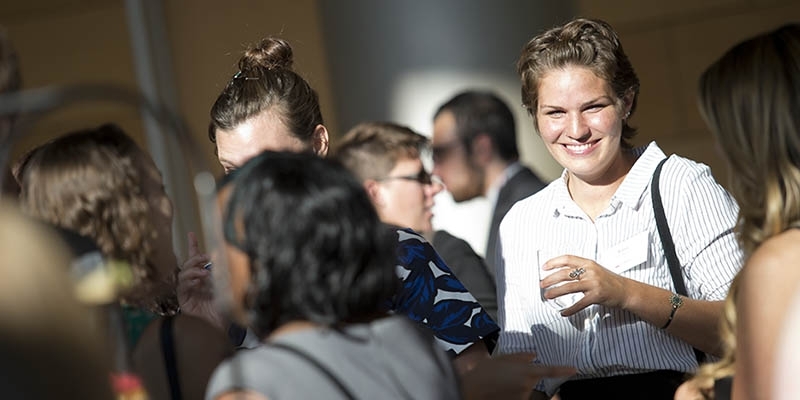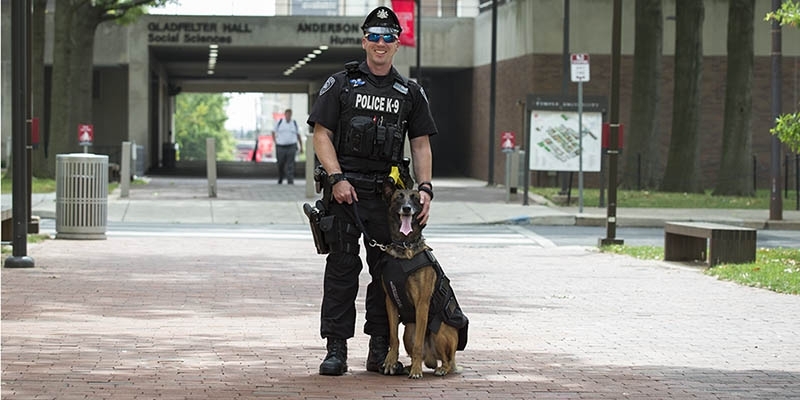School of Media and Communication students prepare to report the DNC
In a special summer course, 20 students have the opportunity to train with professors and get hands-on experience covering a major political event.

It’s the last day of class before Temple DNC News hits the arena floor at the Democratic National Convention.
The classroom hushes as Bryan Monroe, School of Media and Communication Verizon chair and professor, walks to the front of the room and asks a question.
“What just happened at the RNC?”
The noise picks up as the students start chattering and throwing out the latest updates.
“That’s how fast you have to be,” says Monroe. “You have to always be on top of it.”
This special summer course created by Temple’s School of Media and Communication is an intensive class that is preparing a group of 20 students to cover the DNC as political reporters.
Temple has partnered with The McClatchy Company, a news publisher, to connect students with small media outlets across the country in cities such as Anchorage, Alaska, and Hilton Head, South Carolina, that could not afford to send a correspondent to Philadelphia. The students will be working as political correspondents for their respective hyperlocal media outlets over the course of the convention in exchange for a stipend.
Paige Gross, Class of 2017, will be reporting for the Wichita Eagle, a newspaper out of Wichita, Kansas. She explains that any media outlet can use a story from the Associated Press, but the story won’t focus on issues that the local community is passionate about.
“This class is not only a remarkable opportunity for our students to get real-life experience covering a political convention, it is a tremendous public service for communities across the country that would not otherwise have their local delegations and issues covered in any depth,” said David Boardman, dean of the School of Media and Communication.
Even after weeks of preparation and studying the communities that the students will be reporting for, Gross says, there is no way of knowing exactly know what’s going to happen on the first day of the convention.
“I’m going to call my editor, say what the Kansas delegates are focusing on that day and go from there,” she says.
Co-creator of the course and Associate Professor Karen Turner checks in on how the students’ relationships are developing with their editors. She reminds the students to stay diverse in their coverage—talk to people of different ages, gender and race.
Jim MacMillan, project manager for Temple DNC News and manager of Temple’s Center for Public Interest Journalism, takes over and gives some final tips.
“It’s time to get pushy,” he says.
He encourages the students to push hard—to be aggressive if they need to be while reporting, with their professors when they need help and even with each other.
Before the class dives into the logistics of the convention, from credentials to surviving in the sweltering weather predicted for next week, Monroe chimes in with a quick piece of advice.
“Do what your editors tell you to do, but do more than just that,” he says. “By Friday morning, be absolutely exhausted.”


